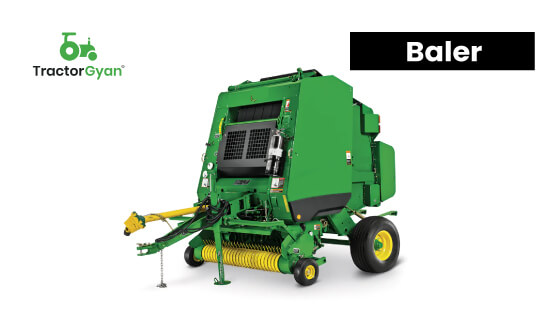What are the uses of laser land leveler in agriculture?
A laser land leveler is a valuable agricultural tool that is used for many purposes in modern agriculture.
Some of its main uses in agriculture include:
Land leveling: The ultimate purpose of a laser leveler is to level land in agricultural fields. It helps eliminate undulations, unevenness and high and low points of the field, ensuring soil uniformity. A flat field promotes efficient water distribution and reduces the risk of wetting or erosion.
Improve Irrigation: Accurate soil leveling is critical for effective irrigation. A well-leveled field ensures an even distribution of water, avoiding overwatering in some areas and underwatering in others. This helps to save water and use it more efficiently.
Improve growth: Leveling the land promotes uniform growth of crops. When the soil is level, all crops receive equal amounts of nutrients and water. This results in healthier plants and higher yields. Reducing soil erosion: a flat field reduces the risk of soil erosion. If the rainwater flows evenly on the field, the risk of soil leaching is lower. This is particularly important to prevent soil erosion, which can lead to soil degradation.
Minimizing Weed Growth: Leveling the soil can also reduce weed growth. Weeds often develop in low areas of fields where excess water collects. By removing these low spots, you can reduce weed growth and reduce the need for herbicides.
Ease of agricultural operations: Agricultural equipment works more efficiently on flat surfaces. Planting, harvesting and other field operations are smoother and more precise, saving time and labor costs in the end.
Promotion of precision agriculture: Laser levels are often used in conjunction with GPS technology to produce accurate field maps. This enables precise planting, fertilization and crop management, a key element of modern precision agriculture. Avoiding soil compaction: Uneven fields can cause uneven wear on the tires or tracks of tractors and other machines. A flat field reduces the risk of soil compaction, which can damage soil structure and prevent crop growth.
Improve drainage: In some cases, laser levels can also be used to improve drainage in fields. They can create slopes or slopes that direct excess water away from crops and prevent wetting.
In conclusion, laser levels play an important role in modern agriculture by improving field uniformity, irrigation efficiency, crop yield and overall farm productivity while minimizing environmental impacts such as soil erosion and excessive water use.


Comments
Post a Comment